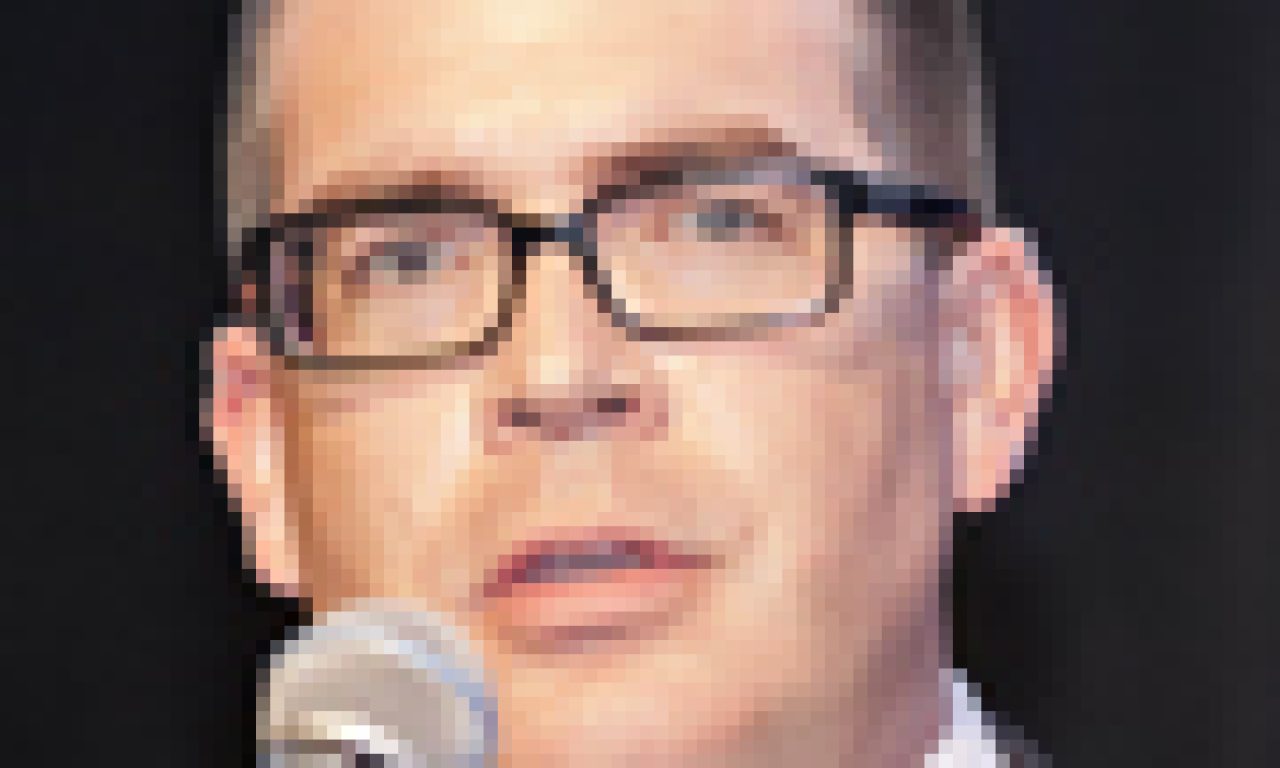Alistair Rew
Just as technology is disrupting most industries, so it will disrupt the main participants in the investment management industry. Hedge fund managers, though, by there nature should be nimble enough to thrive in the future.
The final session of last week’s AIMA Australia Hedge Fund Forum – with a panel of six investors – brought together the conference theme of the future landscape for all investors.
The panel consisted of Alistair Rew, head of extended alpha strategies at AMP Capital, Tim Schuler of hedge fund of funds manager Permal Group, Craig Stanford, head of alternatives at Ibbotson Associates, Kate Misic, head of alternatives at Telstra Super, Bobby Pometkov, portfolio manager at Commonwealth Superannuation Corporation (CSC), and Guneet Rana, senior investment manager at Colonial First State.
For AMP Capital, which is working on the launch of a retail hedge fund offering for the SMSF market within the next year, Rew said that alternative beta was complementing everything the firm was doing in the alternatives space. “It allows us to run a larger program,” he said.
For both Telstra Super and CSC, their alternative program was about a diversified source of risk premia. Telstra’s Misic said that technological advances had allowed the fund to move away from funds of funds to single-manager portfolios, which significantly reduced costs. She said that technology would allow more strategies to become segregated accounts, slowing further cost savings. Telstra Super would be able to build its own alternative beta portfolios, she said, rather than partnering with a manager.
CSC’s Pometkov said his fund thought of the hedge fund portfolio as an “all weather” account, to make money and not lose money. He said it was the second-most expensive part of the total portfolio and therefore the managers needed to explain its benefits.
The biggest challenge for managers, according to Rew, was not fee pressure but rather the pressure to provide liquid portfolios. This was exacerbated by recent regulations. He said that liquidity was a “huge risk” and investors seemed not to have learned their lessons in this regard from 2008.
Ibbotson’s Stanford predicted that the next “train wreck” would likely come about in Europe because of a 50 per cent drop in liquidity in the credit markets.
Rew predicted that big firms would get bigger and hedge fund fees would come down. “Large firms don’t need to charge 2 per cent,” he said. “Smaller managers will struggle and those which are capacity constrained at about $500 million [in AUM] will face challenges.”
He foresaw that more small firms would congregate under umbrella managers which would look to deliver more liquid absolute return strategies, which would be different to hedge fund investments.
Pometkov predicted that the gap between hedge fund managers and traditional managers would narrow. “I wouldn’t be surprised if retail becomes a much bigger proportion of hedge fund assets,” he said. “That has some concerns because retail investors tend not to be as long term.”
In a separate session on the future of research, Travis Schoenleber, a managing director of Cambridge Associates, said: “Disruption is a wave that is coming and we have to get ready for it.” He also made several predictions for the future more generally:
> the majority of investors will access hedge fund research by web-based low-cost services
> ratings will become more transparent
> hedge funds will be created differently, with more factor analysis and arbitrage options – consultants will have to work harder for their fees
> large institutions will have their own advisory businesses, so there will be new entrants
> funds of funds as standalone firms will be in persistent decline, just like newspapers, and
> traditional consulting will be in perpetual decline.
“So, in conclusion, if anyone knows of a job for me I’d appreciate hearing about it,” he said.

